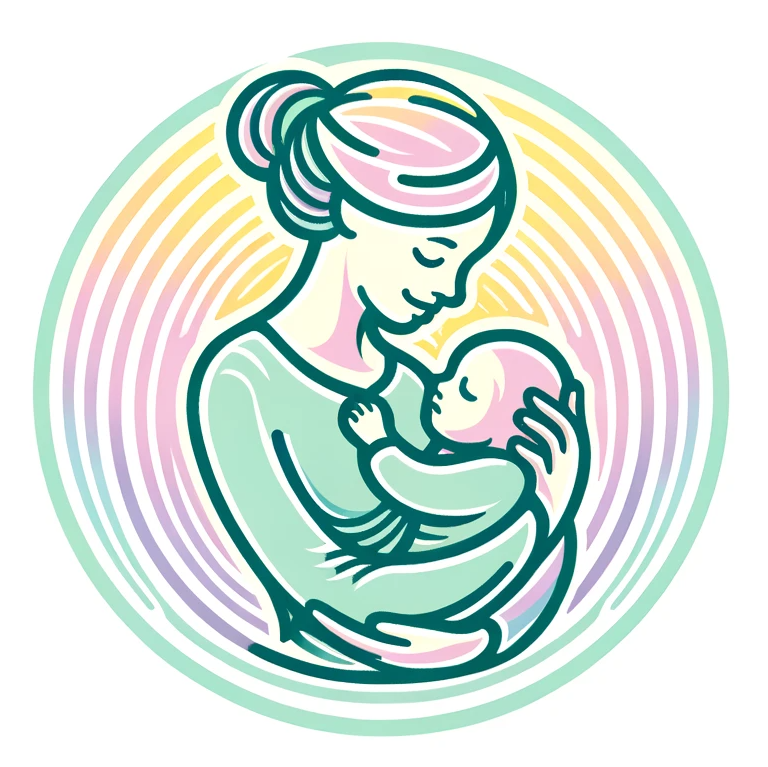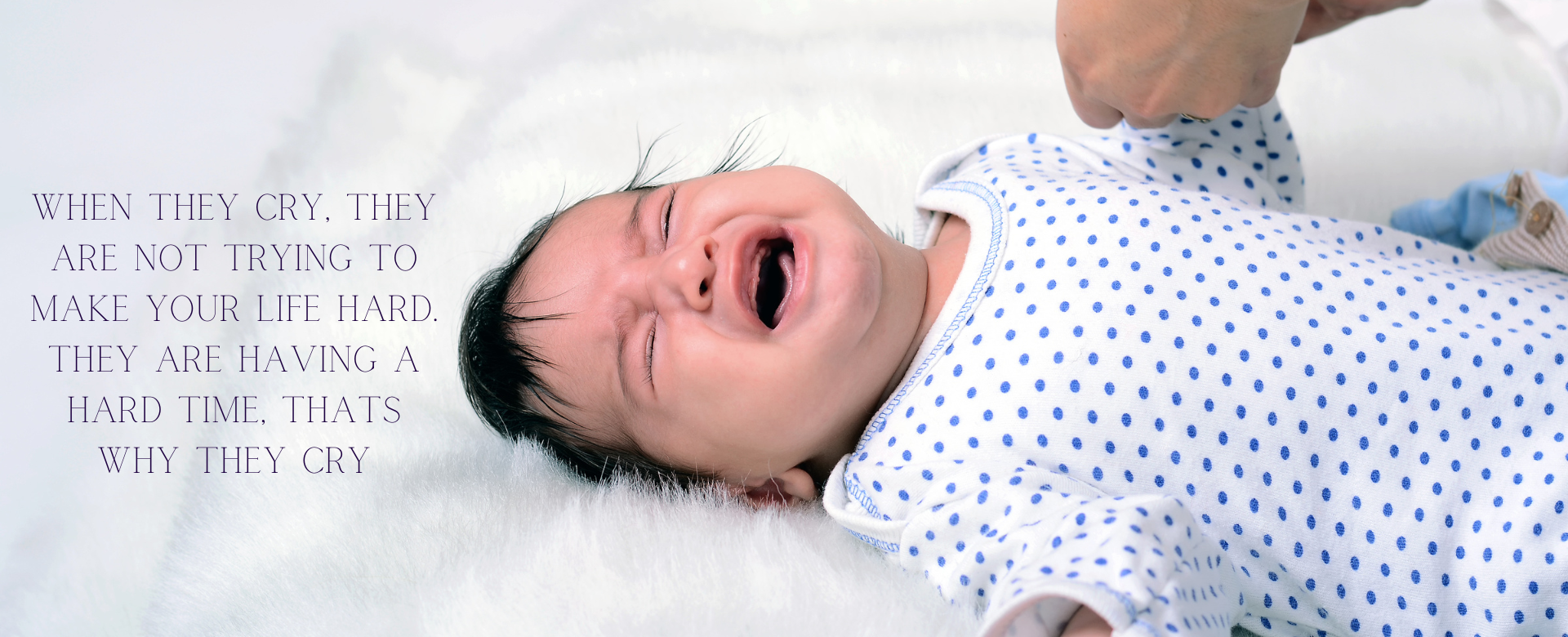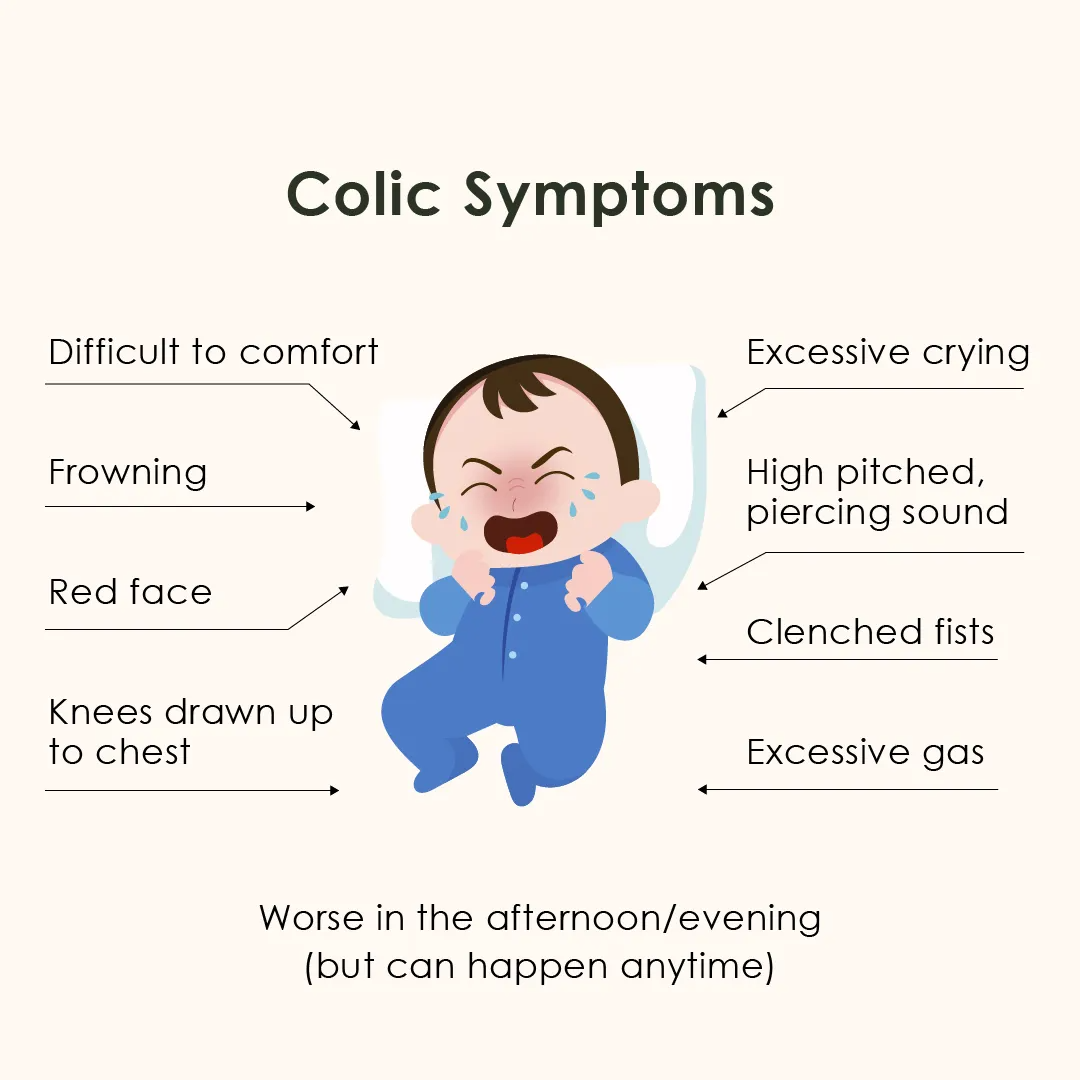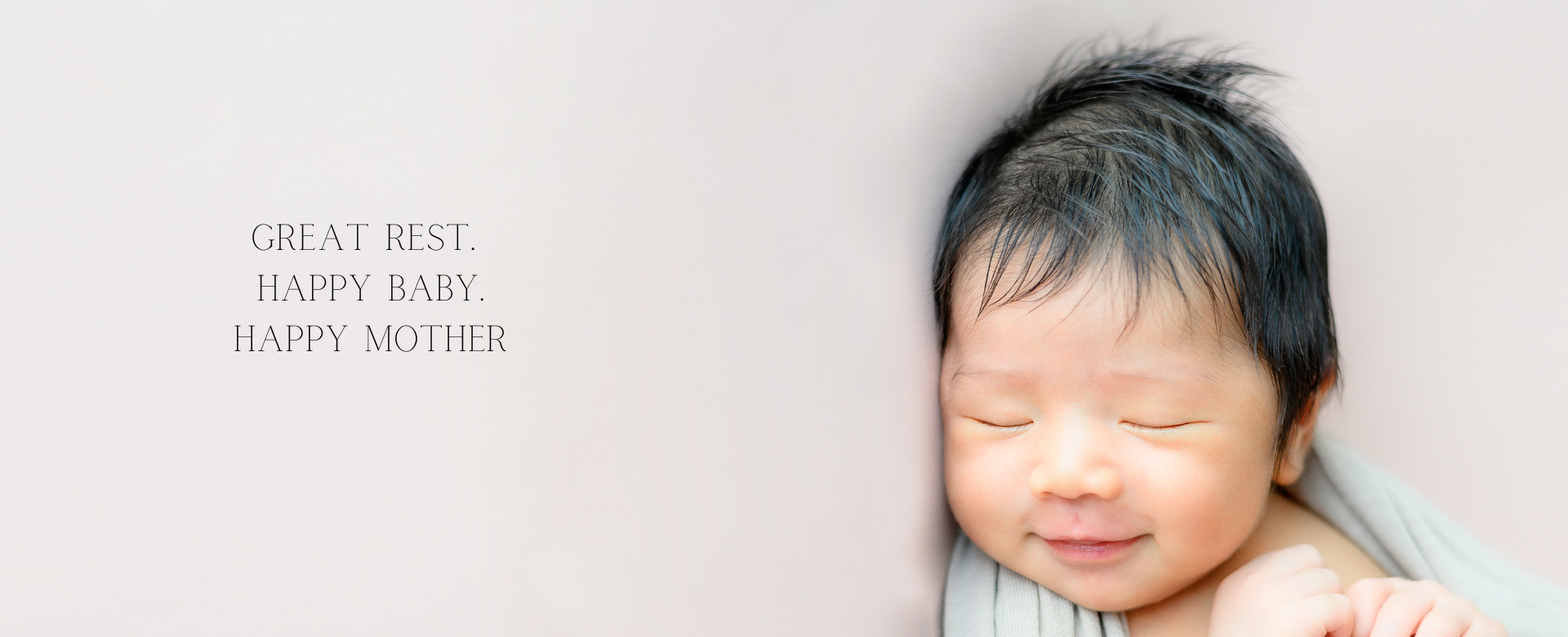As a parent, there’s little that’s more heart-wrenching than the sound of your baby crying. It’s a primal thing; we’re wired to respond to their every whimper. But when the crying stretches on for hours, it can leave even the most seasoned parents feeling helpless, especially when the cause of the tears is not immediately apparent.
So, why is your baby crying? One possibility is colic, a term that’s been around since pediatricians’ lists were chiseled on stone tablets (well, not quite, but you get the idea). Colic is often defined by the rule of threes: crying for more than three hours a day, for more than three days a week, for over three weeks in a baby who is well-fed and otherwise healthy. It’s a bit of a mystery box diagnosis because it’s what’s left when other causes have been ruled out.
The main causes of colic can be as varied as the babies themselves. There’s a smorgasbord of theories out there. Some suggest it’s digestive, that young infants’ guts are getting used to processing milk. Others think it might be due to an imbalance in the gut bacteria, which we’re learning play a huge role in our overall well-being. Then there’s the theory that it’s related to overstimulation; after all, being a baby is hard work. The world is a kaleidoscope of sights, sounds, and sensations, and it can be overwhelming.
Another school of thought suggests that colic could be a reflection of a baby’s temperament. Some babies are just more sensitive to their environments and have a harder time settling down. And let’s not forget the role of allergies or intolerances, which can cause discomfort that leads to crying spells.
The truth is, we don’t have a clear-cut answer, which can be frustrating. But what we do know is that colic isn’t an indication of poor parenting, nor is it a predictor of a baby’s future disposition or temperament.
What can you do if you suspect your little one has colic? First, visit your pediatrician to rule out other potential causes. Then, try some time-tested strategies: swaddling, gentle rocking, a pacifier, a white noise machine, or a ride in the car. Some parents find success with infant probiotics or changing their diet if breastfeeding, on their doctor’s advice.
Remember, you’re not alone. Colic is common, and it does end. Most babies outgrow it by the time they’re three to four months old. Until then, take care of yourself as well. Tag-team with your partner or a family member to get some respite. The colic phase is just that—a phase. It will pass, and in the meantime, you’re doing a fantastic job. Hang in there.



